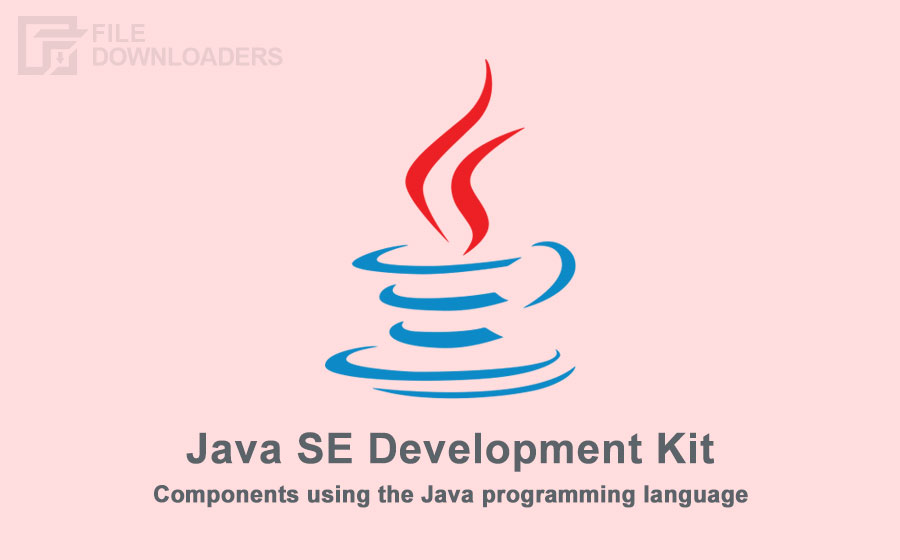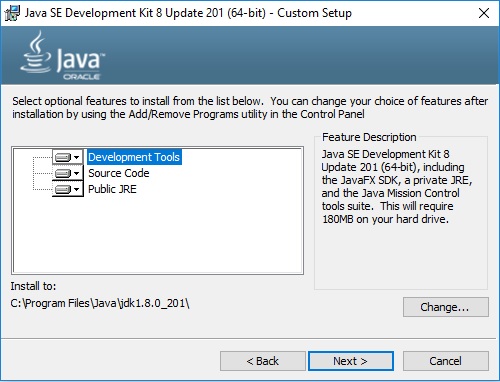
J2SE 1.4 (JDK 1.4) (February 2002): Introduced assert statement, non-blocking IO ( nio), logging API, image IO, Java webstart, regular expression (regex) support. Also introduced Collection Framework and JIT compiler. Included JFC (Java Foundation Classes - Swing, Accessibility API, Java 2D, Pluggable Look & Feel, and Drag & Drop). Also released J2EE (Java 2 Enterprise Edition) and J2ME (Java 2 Micro Edition). J2SE 1.2 (JDK 1.2) (December 1998): Re-branded as "Java 2" and renamed JDK to J2SE (Java 2 Standard Edition). JDK 1.1 (February 1997): Introduced AWT event model, inner class, JavaBean, JDBC, and RMI. JDK 1.0 (January 1996): Originally called Oak (named after the oak tree outside James Gosling's office). JDK Alpha and Beta (1995): Sun Microsystem announced Java in September 23, 1995. Oracle JDK requires a commercial license from Oracle and businesses (since 2019) need to purchase a commercial license in order to receive software updates. OpenJDK is completely open source with a GNU General Public License. The main difference between OpenJdk and OracleJDK is licensing. OracleJDK: This article is based on the "OracleJDK" ) (due to legacy), which is free for personal and development use but no longer free for commercial use. 
Popular OpenJDK builds includes Azul Zulu, Red Hat OpenJDK (IcedTea), Amazon Corretto, Eclipse Adoptium's Temurin, SapMachine, Microsoft OpenJDK, and more. It does not include web-browser plugin and Web Start.


OpenJDK includes the virtual machine (HotSpot), the Java Class Library, and the Java Compiler. OpenJDK: Currently, the "OpenJDK" ) developed by Oracle, Java community, Red Hat, Azul Systems, IBM, Microsoft, Amazon, Apple, SAP, provides a free and open-source Java Platform Standard Edition (or Java SE or JDK) official reference implementation.The Java Development Kit (JDK), officially named "Java Platform Standard Edition" or "Java SE", is needed for writing and running Java programs.







 0 kommentar(er)
0 kommentar(er)
